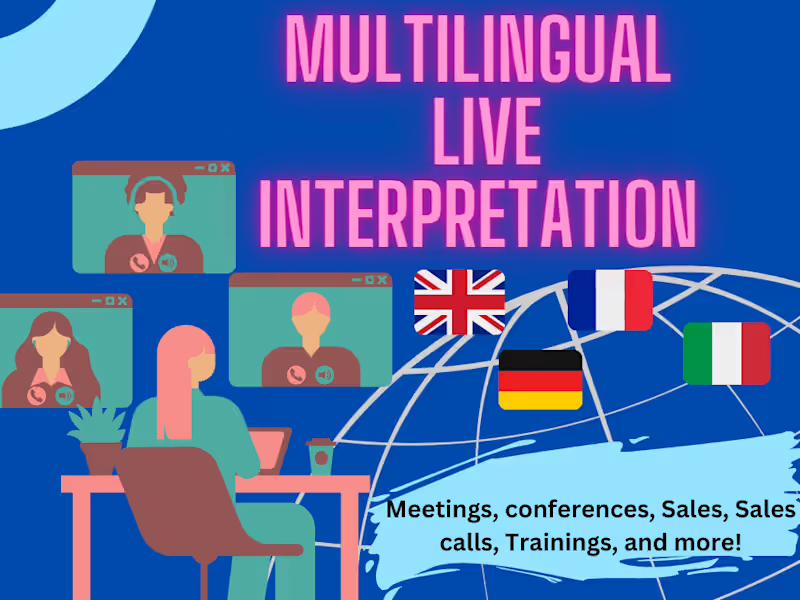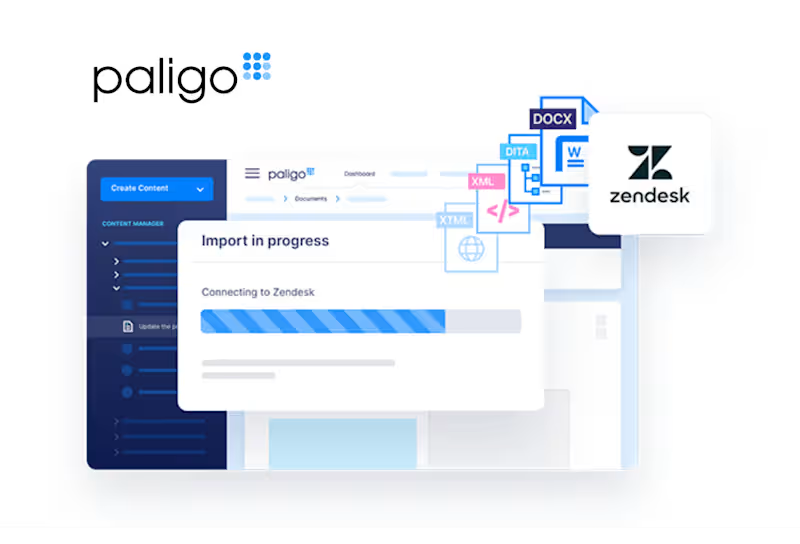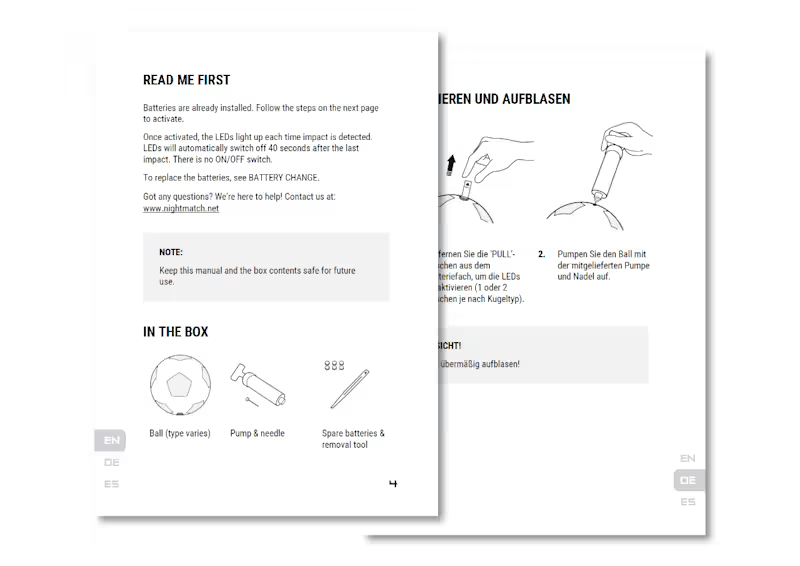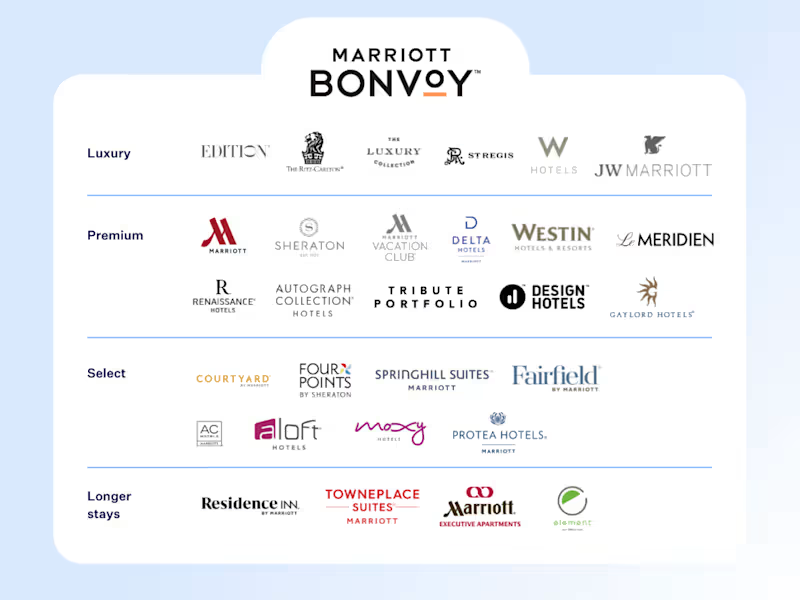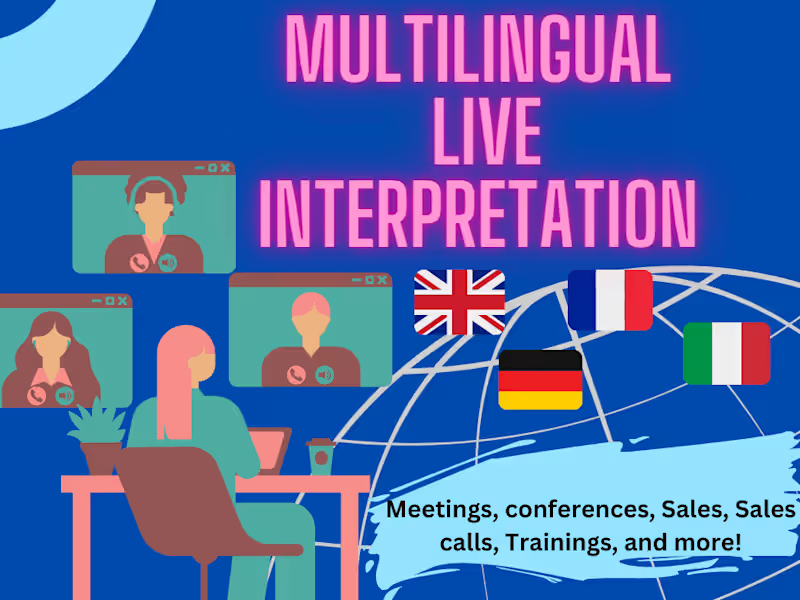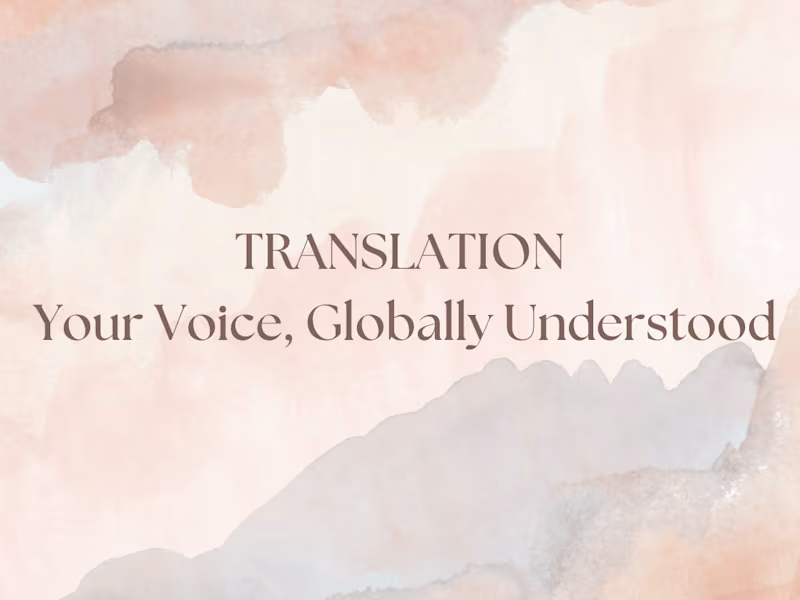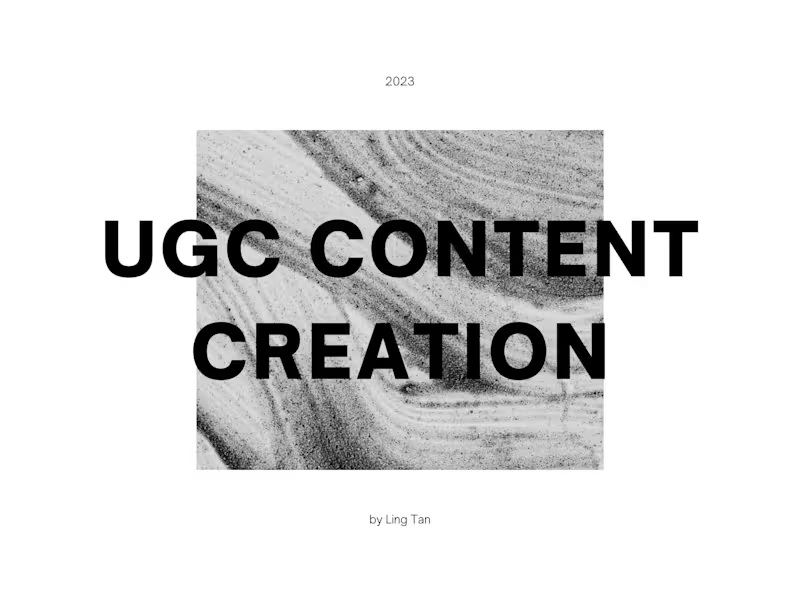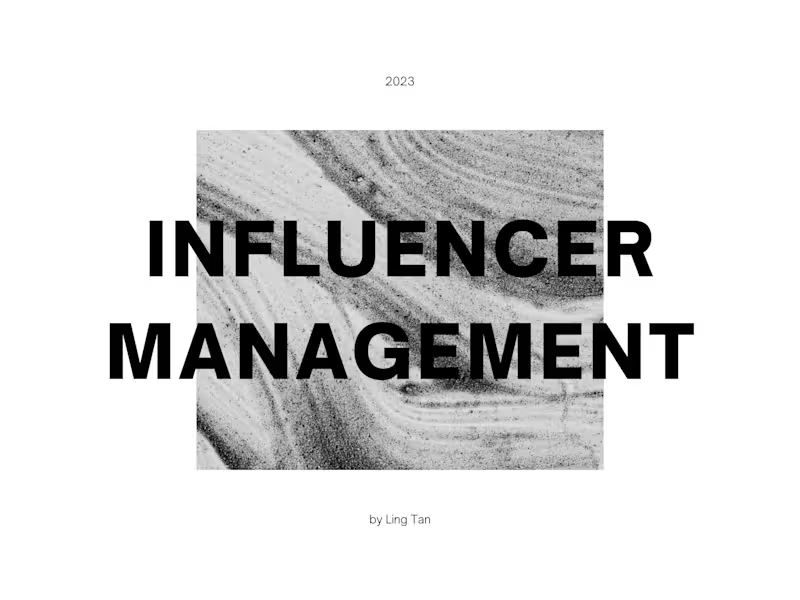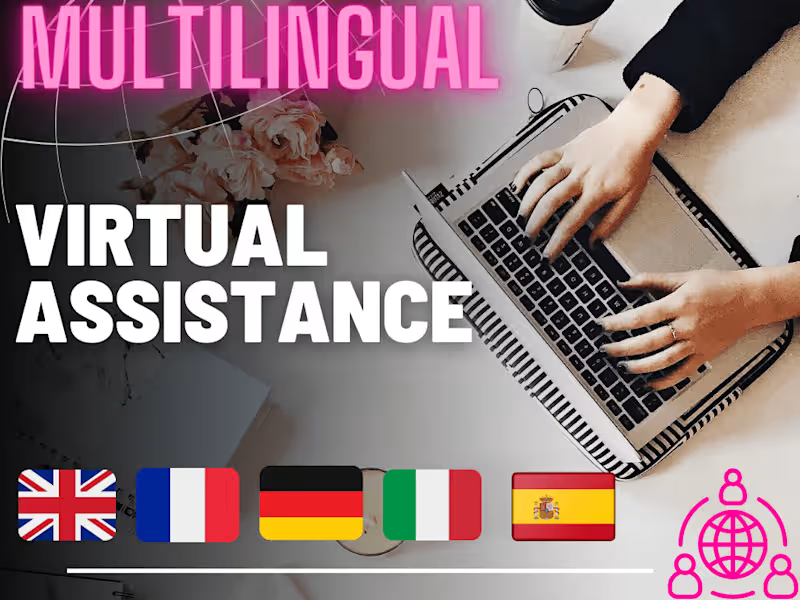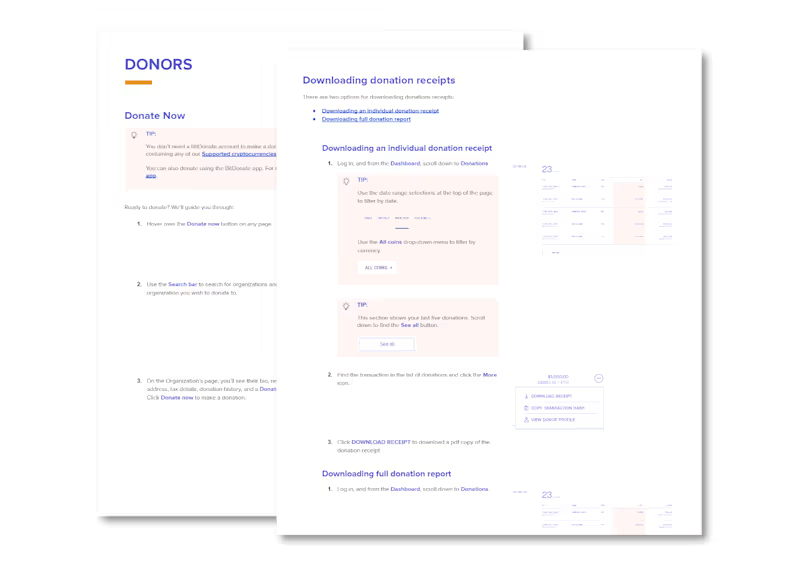What should I consider when defining the scope of the translation project?
First, be clear about what you need to be translated. Do you need a document, website, or something else? Think about the languages involved. Be specific about the length of the text and any special formatting. This helps the translator know how long the project might take.
Why is it important to check the translator's list of languages and specializations?
Different translators have different skills. Some are great at legal translations, while others might excel in medical texts. Make sure the translator is fluent in both the source and target languages. Checking specializations ensures the translator understands the subject matter.
How do I agree on a timeline for the translation project?
First, decide when you need the translation finished. Discuss this with the translator to make sure it's possible. Check if they have other projects that might affect your deadline. Agreeing on a timeline helps both of you plan better.
What role does confidentiality play in translation work?
Translations often involve sensitive information. Make sure the translator understands the importance of keeping everything private. It's common to sign a confidentiality agreement. This keeps your information safe and secure.
How can I ensure quality in the translation work?
Ask if the translator has any certifications or language tests. You can also request samples of their previous work. Discuss any jargon or specific language you need them to use. Setting quality expectations helps avoid mistakes.
Why does providing reference materials help with the translation?
Reference materials can guide the translator to use the right tone and terminology. Provide them with style guides or glossaries if you have any. This is especially useful for technical or brand-specific language. It ensures consistency in the translation.
How can I establish clear communication with the translator?
Determine the best way to keep in touch, whether it's by email or messaging platforms. Decide on regular check-ins or updates. This helps you and the translator stay on the same page. Clear communication avoids confusion and ensures a smooth project.
What should I include in the brief for a project specific to England?
When working on a project for England, consider any regional language nuances. Include details on local names, terms, and cultural references. Make sure the translator is aware of any UK-specific spelling or terms needed. A detailed brief leads to a more accurate translation.
How do I choose the right English dialect for an England-based project?
Different parts of England might use slightly different words. Decide if the translation should be formal or informal. Let the translator know if you need something specific like British English or a regional dialect. Choosing the right dialect ensures your message is clear.
What extra elements should I consider when translating marketing materials for England?
Think about cultural elements and what might appeal to people in England. Include local slogans, phrases, or humor if applicable. Ensure that images and references are relevant and recognizable to an English audience. This connects better with your target market.
Who is Contra for?
Contra is designed for both freelancers (referred to as "independents") and clients. Freelancers can showcase their work, connect with clients, and manage projects commission-free. Clients can discover and hire top freelance talent for their projects.
What is the vision of Contra?
Contra aims to revolutionize the world of work by providing an all-in-one platform that empowers freelancers and clients to connect and collaborate seamlessly, eliminating traditional barriers and commission fees.











































